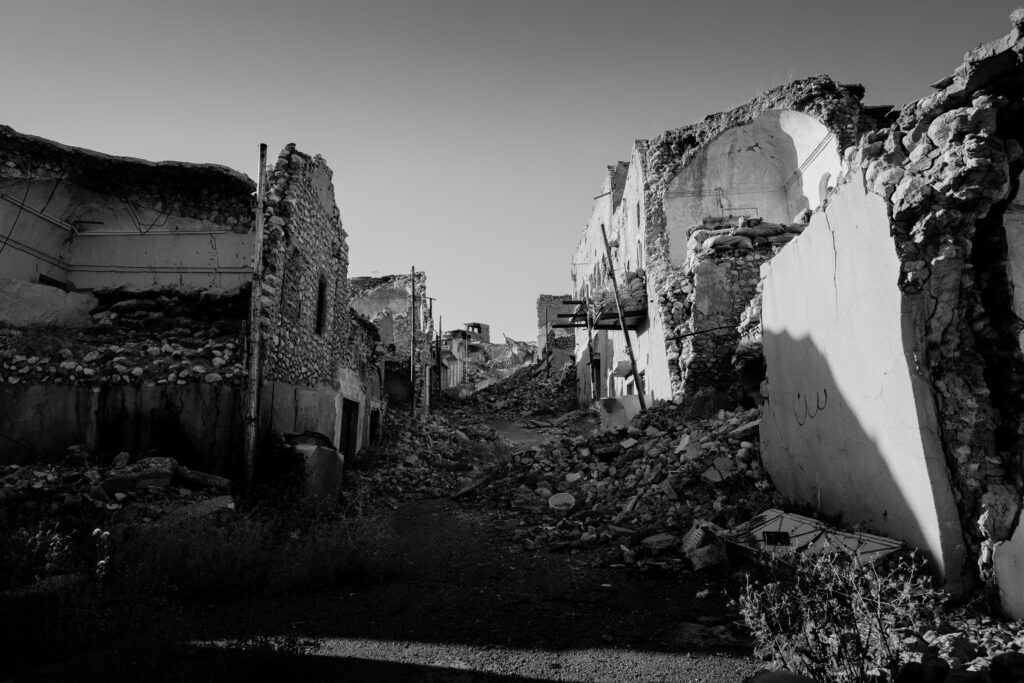Human Trafficking & the Hidden Effects of Conflict
As devastation in the Ukraine prompts governments to quickly enact sanctions and companies to pull operations and services from Russia entirely, we see a looming crisis caused by the forced displacement of millions of people that equally must not go ignored by the public and private sectors. This crisis is not new, it is something that is a continual threat in so many locations around the world. This being the human trafficking and forced labour risk that comes with war, which can lead to the start of decades of abuse and exploitation of the refugees and their families.
The linkages between trafficking in persons and conflict are well-researched. During an armed conflict, many elements that increase individual and group vulnerability to trafficking – such as lack of economic opportunities, discrimination and gender-based violence – are exacerbated. Moreover, as a result of forced displacements, community and family support networks are weakened or destroyed, which increases individual vulnerability.
“Almost one percent of the world’s population, some 82.4 million people, have been forced to flee war, violence, conflict or persecution, and find safety either abroad or within their own countries,” said Tomoya Obokata, UN Special Rapporteur on contemporary forms of slavery. “These refugees, asylum-seekers and internally displaced people are especially vulnerable to contemporary forms of slavery because they often face poverty, discrimination, unemployment, job insecurity and limited access to basic services in their new communities”.[1]

Photo by Levi Meir Clancy on Unsplash
As the conflict in Ukraine unfolds, we have already seen the forced displacement of approximately 1.5 million people so far into neighbouring countries.
So how can companies and governments act in order to protect the displaced from exploitation?
The focus of national governments, local NGOs, international organisations, aid agencies, the EU and others must be to ameliorate people’s vulnerabilities, giving them alternatives that are not merely the ‘lesser of the evils’, and providing them with what they need in order to establish their lives in their new location.
If basic needs such as housing and food are able to be met, people will be less desperate and less likely to accept risky offers. Collaboration between states and organisations will be crucial to allow this to happen. Opportunities for income generation for adults will reduce the incidence of low-level trafficking. To make sure that vulnerable children, women and men do not fall through the gaps in our aid structures, international and national actors should always take into account that a refugee or internally displaced person may also be a victim of human trafficking.
The private sector has an crucial part to play in the struggle against trafficking in persons, and companies can act now to play a fundamental role in supporting displaced people that may seek work in their supply chains.
Companies must update their assessments taking into account new forced labour risk in the destination countries for refugees coming from conflict zones. They should consider whether their policies reflect the needs and circumstances of migrant workers who may be refugees. This involves working with their suppliers in a collaborative way to ensure that migrant workers are recruited fairly and ethically. This continual gathering and sharing of new knowledge around human trafficking global issues should be a regular part of any company procedure.
Companies may consider special trainings for suppliers, labour agencies and internal teams to account for the new risks and challenges faced. It is important ensure that refugees and migrant workers are not discriminated against, as such discrimination and exclusion could lead to an even higher risk of human trafficking of these populations. Educating teams is crucial to avoid discriminatory practices.
Companies and suppliers should consider whether their worker trainings and awareness programmes, grievance mechanisms and other key labour services for their workforce are adequately available in the languages spoken by the refugees and migrant worker populations. They should also consider whether their social audit processes account for the circumstances and language requirements needed to ensure that refugee populations’ are taken into account.
Finally, companies should also consider how they can engage with their peers and share knowledge and resources on the topic of modern slavery and keep abreast of emerging issues. This can be done through engaging with groups like the Mekong Club, participating in working groups and actively seeking dialogue with the wider industry on this topic.
[1] https://www.ohchr.org/en/NewsEvents/Pages/DisplayNews.aspx?NewsID=27484&LangID=E
Author – Phoebe Ewen

